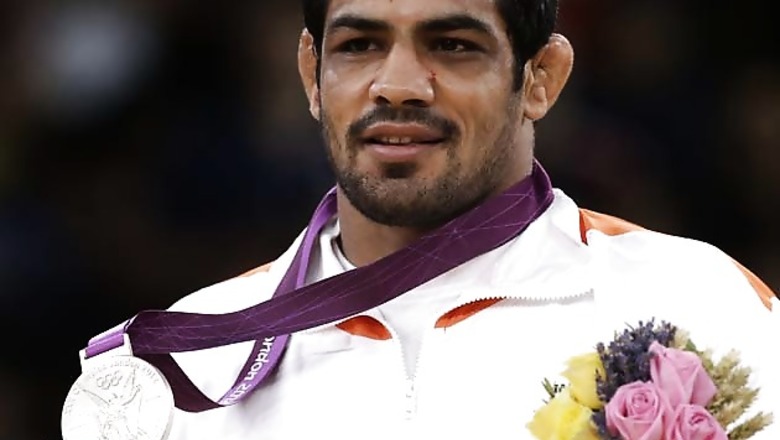
views
Wrestling capped India's campaign at the London Olympics on a brilliant note, with the five-strong contingent winning two medals - a bronze and a silver - on the last two days of the quadrennial event. First Yogeshwar Dutt won a bronze medal on Saturday and then Sushil Kumar, a bronze medalist at the 2008 Beijing Olympics, added another by claiming silver on the final day of the 16-day event.
Along with boxing and shooting, wrestling was another sport expected to bring laurels to India at the London Games. But after the boxers drew a blank and shooters did just reasonably well, the onus was on the wrestlers to take the forefront. Despite the early exits of Geeta Phogat, Amit Kumar and Narsingh Yadav, both Yogeshwar and Sushil were determined to end India’s campaign with a bang and not with a whimper.
Sushil, who has been an inspiration for his team-mates and many young wrestlers around the country, had made sure that the expectations upon him should not affect his preparations for the mega event. While the players of different disciplines were in London, Sushil stayed in Ireland to train and to keep himself fit for his last-day bout. The strategy paid huge dividends when he dismissed the challenge of defending champion Ramazan Sahin of Turkey in the pre-quarterfinals – his first bout on Sunday – and then followed it up by prevailing over Uzbekistan's Ikhtiyor Naruzov in the quarter-finals.
With just one step away from booking his place in the history of Indian sports by becoming the first athlete to win two individual medals at the Olympics, Sushil brought his best game to the fore. After a see-saw battle in the first two periods of his semi-final bout against Kazakhstan’s Akzhurek Tanatarov, Sushil won the contest with a flurry of moves in the last 30 second of the final period to book himself a place in the final and thus being assured of at least a silver medal.
The presence of Sushil rubbed off onto the other players, with Yogeshwar too showing a similar grit and determination. Coming out from the disappointment of losing the first bout, the 29-year-old played five back-to-back matches to keep himself in the hunt of increasing India’s medals tally by one.
A silver to Sushil and a bronze to Yogeshwar were also the third and fourth medals India has won so far in wrestling at the Olympics. Before them, KD Jadhav won a bronze in the 1952 Helsinki Games and a similar feat was achieved by Sushil at the 2008 Beijing Olympics.
With the only woman boxer from India to have qualified for the 2012 Games, Geeta went to London with high hopes. The 2010 Commonwealth Games gold-medalist had also shown some spark, both in her opening bout and in the repechage round. Despite trying hard the 23-year-old couldn’t match the level reached by her opponents.
But with age on her side and London experience to rely upon, Geeta will definitely be a medal contender at the 2016 Olympic Games in Rio de Janeiro.
Amit Kumar was the youngest wrestler in the Indian contingent, but the 18-year-old hardly showed any nerves. Though he lost out on a place in the bronze medal play-off tie, he has enthused enough confidence to be considered as the one for the future.
Narsingh, also a gold medalist at the 2010 Commonwealth Games, should have learned some lessons in his Round of 16 match as his opponent, Canadian Matthew Judah, proved superior in every aspect of the game.
But despite the ecstasy provided by Sushil and Yogeshwar and a bit of a disappointment from the rest, India’s wrestling campaign at the London Games has given enough belief to remain optimistic for India’s chances at the 2016 Games.










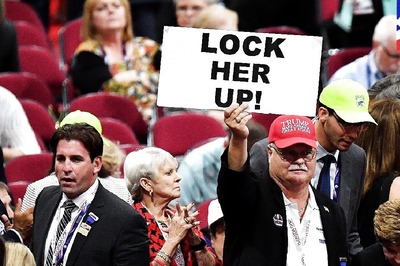

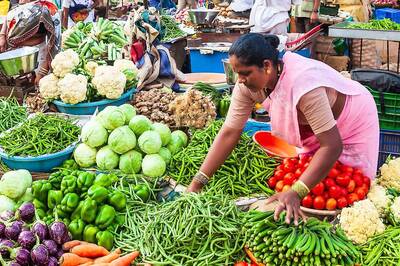
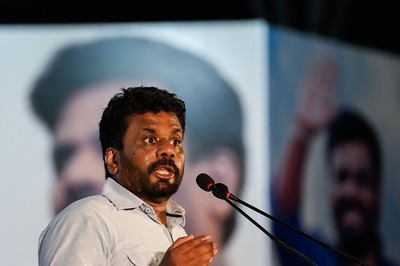
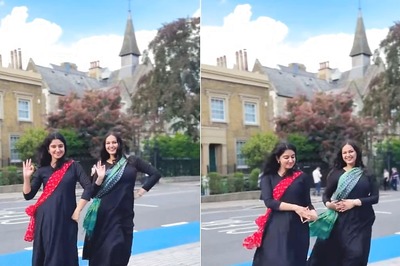


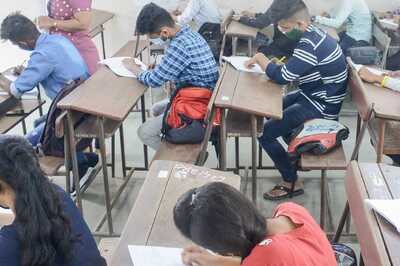

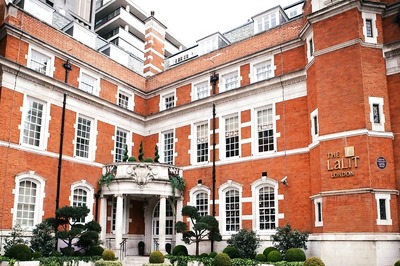
Comments
0 comment